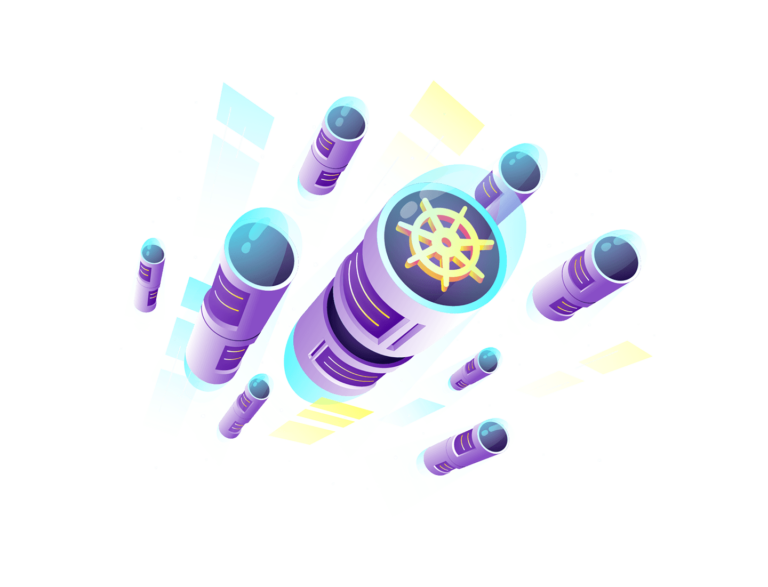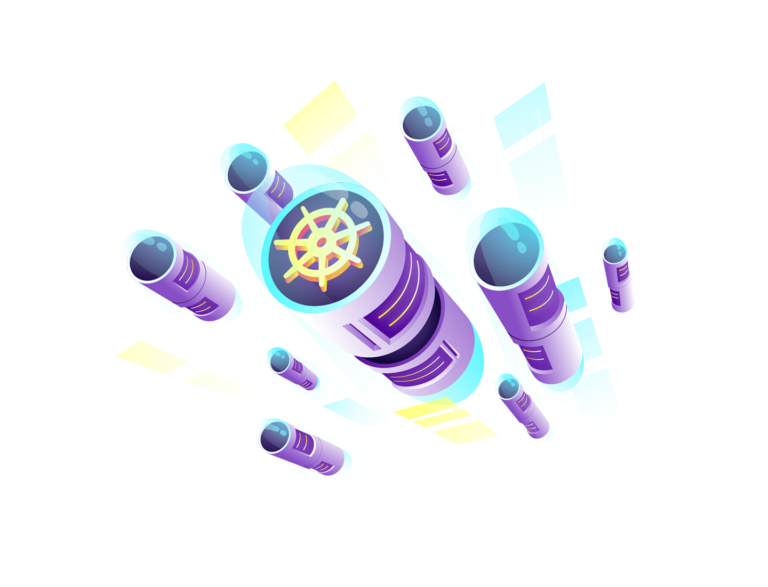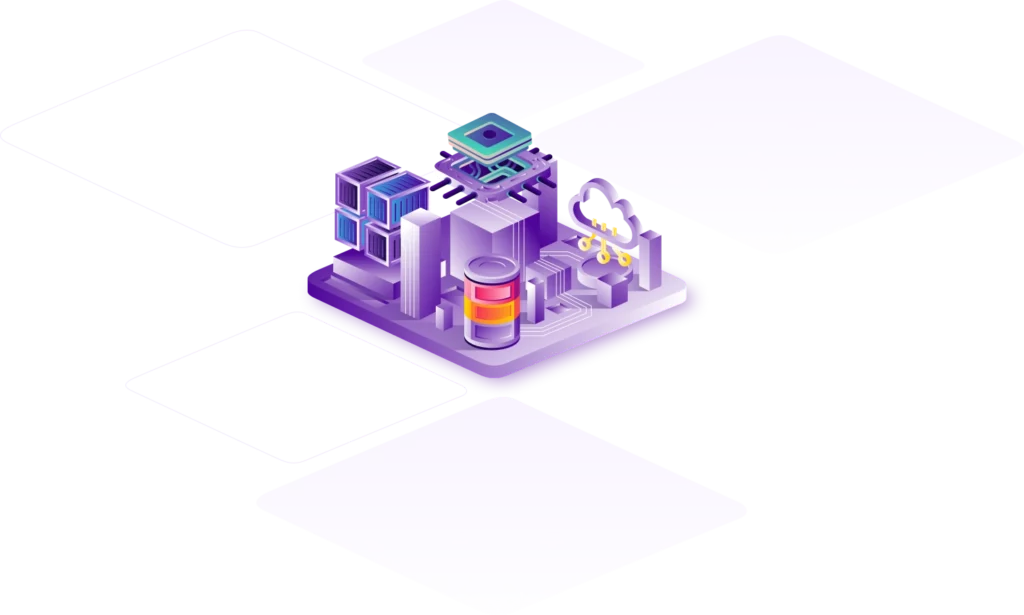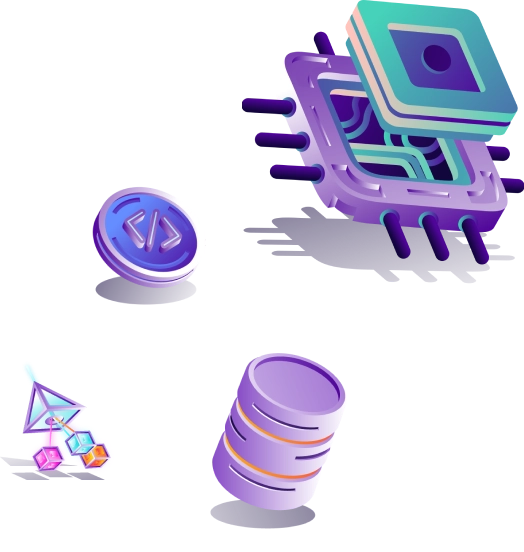An easy-to-use managed Kubernetes, fully integrated into our cloud ecosystem.


Start creating your cluster of nodes, create your platform and scale up to 500 nodes in one click. Seconds later, your containers will be ready to deploy.
We manage all Kubernetes components, allowing your platform to run smoothly. We synchronize Instances, GPU, Block Storage, and Load Balancers to be driven by K8s controllers.
Develop and deploy a wide variety of containerized applications with managed Kubernetes, offering portability, availability, and stability to match all your teams’ needs.
Replication and scaling are the major needs of hyper-growing IT solutions. Kubernetes Kapsule offers a stable, reliable K8s environment in which redundancy and auto-scaling are easy to implement.
CPU Instances to GPUs, Kubernetes Kapsule can manage any workload, and prevent drops in performance by adding as many nodes as needed to your clusters.
Deploy your applications in one click with Application library feature, manually write your YAML manifests, integrate your Kubernetes Kapsule cluster into your CI/CD pipeline, or manage your cluster through Terraform.

to build an operational and production-ready Kubernetes environment.
All the components are fully managed, from the cloud controller manager to the auto-scaler.
Each node pool in a cluster can automatically scale up or down, adapting the number of nodes in your cluster to your workload.
Health checks run automatically to ensure your nodes are functioning well. If a node does not respond for more than 15 minutes, Kubernetes Kapsule will restart your node, or replace it if the issue persists.
Integrate Helm charts configurations in a few clicks, directly from the Scaleway console, and run pre-configured container images.
Certified 100% standard Kubernetes. Kubernetes Kapsule respects the CNCF standards to bring you security, stability, and robustness.
Easily manage your Kubernetes with our developer API, or CLI, and even Terraform. All Kubernetes clusters are fully compatible with Scaleway’s existing tools & workflows.


Enjoy peace of mind with our 24/7 customer support. We ensure your infrastructure is always up and running.
We offer a new experience with API access, Linux distributions, an intuitive console, and Terraform.
Our user interface was created with developers in mind. To give you the best & fun experience managing your cloud projects.
Our cloud products are designed & built to work together, offering you a seamless, world-class cloud experience.
Kubernetes Kapsule is a managed Kubernetes engine to host containerized applications. It is available in our Paris (France), Amsterdam (Netherlands) & Warsaw (Poland) Availability Zones.
Kubernetes Kapsule supports at least the latest version of the last three major K8s releases.
The service also provides a maintenance scheduler to automatically set up Kubernetes version upgrades.
The price of the service will depend on the resources you allocate to your cluster, such as the number and type of nodes, the use of load balancers and persistent volumes. Nodes are billed at the same price as the underlying Compute Instances. The K8s control plane is provided without additional costs.
By definition, a managed Kubernetes engine such as Kubernetes Kapsule can delete, replace, or restart the nodes of your cluster to ensure the availability of your applications. This means that Kubernetes clusters’ nodes are to be considered stateless, and storing data locally might lead to a data loss. For stateful applications, you need to use Kubernetes persistent volumes objects. The storage class for Block Storage volumes is set by default, so it does not need to be specified.
Kubernetes Kapsule manages your nodes. To ensure the behavior of your cluster, it is not possible to perform actions directly on the nodes. There is no need to connect to them directly, as all actions and configurations should be done using Kubernetes (from the console, kubectl command, or Kapsule APIs).
Create a geo distributed Kubernetes cluster with major cloud providers, edge cloud and on-prem.